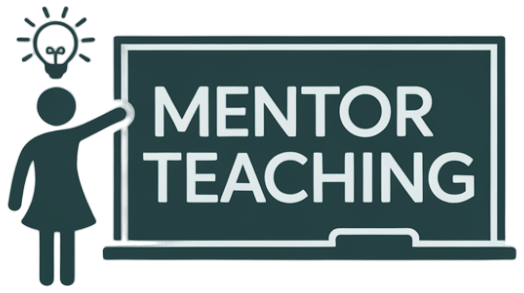Opening the Debate: Why Teaching Academic Argumentation Matters
Let’s face it — if students can master academic argumentation, they are halfway to becoming confident, agile thinkers! At its core, academic argumentation is about building logical, evidence-based reasoning to support a claim. It’s not just about winning a debate; it’s about participating in scholarly discourse with clarity and respect. According to the Purdue OWL, structuring arguments with Classical, Toulmin, or Rogerian methods can significantly sharpen analytical writing skills.

When we teach students to develop well-supported thesis statements, evaluate evidence effectively, and address counterarguments thoughtfully, we give them tools for lifelong learning. The benefits go beyond academics: from reading news articles critically to engaging in meaningful civic debates, argumentation empowers students to think more deeply and respond more persuasively in any context.
Building the Foundation: Preparing Your Classroom
Before jumping into the thrill of rhetorical analysis, the classroom must be primed for respectful and robust academic discourse. This means setting norms for listening actively, using credible sources, and embracing academic integrity. As the Dartmouth Writing Program points out, workshops and guided discussions can dispel misconceptions early and create an inclusive environment that enables students to experiment with various argument structures without fear of judgment.

Encourage students to treat the classroom as a “thinking lab” — an open space for hypotheses, debates, and even productive disagreement. Supply them with examples from different subject areas, blending disciplinary writing with cross-curricular insights to make arguments richer and more connected to their lived experiences.
Engaging Activities to Practice Argumentation
Practice makes progress — especially when it’s fun! You can use activities like:

- Debate Circles: Small groups tackle topics using assigned argument structures, such as the Toulmin Model or Rogerian method.
- Evidence Hunts: Students search for credible sources to support a claim, practicing source evaluation and citation practices.
- Counterargument Challenges: They construct rebuttals to their peers’ positions, honing reasoning skills and spotting logical fallacies.
Interactive games, case studies, or role-playing scenarios can also help students embody different perspectives — priming them for empathetic and strategic argumentative strategies.
Scaffolding Complex Arguments
Complex arguments can feel intimidating, but scaffolding them makes them manageable. Start by guiding students in identifying a strong claim and pairing it with suitable evidence. Build up complexity gradually by introducing components such as warrants, backing, and nuanced counterclaims, as recommended in methods outlined at Purdue OWL.

You might sequence lessons so students first master the core argument structure, then advance to integrating multiple viewpoints, followed by synthesizing research from various disciplines. Scaffolding ensures students aren’t just stacking information like bricks — they are constructing thoughtful, logical frameworks that stand up to scrutiny.
Assessing and Feedback Strategies
Assessment in academic argumentation isn’t about finding “right answers.” It’s about gauging progress in critical analysis and clear communication. Create rubrics that value both the strength of the claim and the quality of evidence. Consider categories like structure, clarity, reasoning, and responsiveness to counterarguments.
As emphasized in Dave Stuart Jr.’s approaches, peer review can be a powerful element here. It gives students a chance to see others’ reasoning strategies, while refining their own through constructive critiques. Remember: feedback should encourage revision strategies rather than simply pointing out errors — we’re coaching, not judging!
Advanced Instructional Techniques
Once students have mastered basic composition instruction, it’s time to level up. Consider integrating research methods so their arguments can draw from robust, scholarly communication sources. Advanced rhetorical analysis tasks can challenge them to deconstruct published works, identify underlying reasoning, and evaluate the validity of evidence used.
Leverage collaborative platforms for group debates, embed multimodal composition elements, or encourage cross-class exchanges with students in other disciplines. Dive deeper into persuasive writing while maintaining emphasis on evidence-based reasoning — and let students experiment with adapting their argument structures for different audiences. This fosters flexibility and sharpens their academic literacy.
The Final Word: Empowering Students as Expert Arguers
Teaching academic argumentation is about nurturing thinkers who aren’t afraid to dig deep, question boldly, and support their claims with conviction. When students grasp the art of balancing strong thesis statements with thoughtful counterarguments, they step into the realm of expert arguers.
By combining structured practice, critical engagement, and constructive feedback, you can guide them from tentative beginners to confident contributors in any academic discourse. Ultimately, you’re not just teaching argumentation — you’re equipping them with adaptable, analytical, and persuasive tools they will use in classrooms, careers, and communities for years to come.




